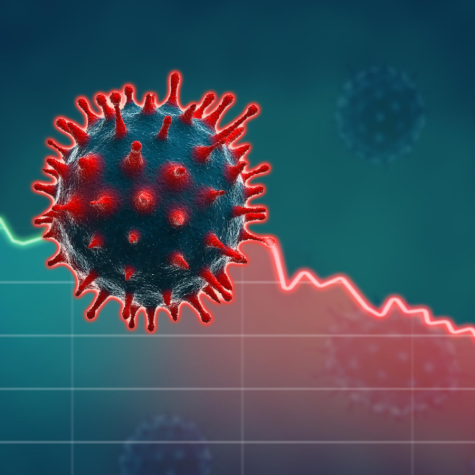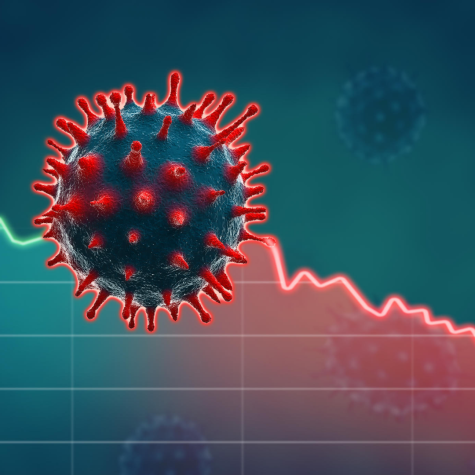“Stay calm,” says Georgia Southern medical director on coronavirus
March 11, 2020
STATESBORO — Dr. Brian DeLoach, medical director for Health Services, addressed the Faculty Senate at their meeting Wednesday night regarding the coronavirus, which the World Health Organization has called a pandemic.
There are six confirmed cases in Georgia with 11 presumptive cases. Presumptive means that the case was initially tested positive, but health professionals are waiting on confirmatory testing, DeLoach said.
With the virus reaching Georgia, Georgia Southern University has taken the following steps for all campuses:
- Closely monitoring COVID-19 and providing regular updates to the executive policy group
- Reviewing, updating and implementing emergency operations plans
- Communicating with the University community, faculty, staff and students about these important things to do to prevent spread
- Recommendations regarding travel
- Procedures to take when sick
- Routine environmental cleaning through frequent communications with custodial staff
- Housing and Dining have been prepared to clean and implement action plans
- DeLoach has been having discussions with other universities in Georgia regarding their plans
DeLoach reminded the faculty that there is no reason to panic, and the community should stay calm.
“From my perspective, stay calm,” DeLoach said. “We all need to be prepared for different contingencies because this is changing every single day. Get your information from reliable and accurate sources, rather than social media.”
To put the COVID-19 virus into perspective, DeLoach provided some statistics on the flu. The CDC estimates that from Oct. 1, 2019 to Feb. 29, 2020, there were 34 million to 49 million flu illnesses, 16 million to 23 million flu medical visits, 350,000 to 620,000 flu hospitalizations and 20,000 to 52,000 flu deaths.
DeLoach said that Chinese and Asian people have experienced a lot of stigma associated with the coronavirus.
“We all need to do our best to stop that process to combat stigma,” DeLoach said. “And communicating the fact that viruses do not target a specific racial or ethnic group. At this point and even then when this originated, risk is based on geographic area, not ethnicity.”
COVID-19 is transmitted through respiratory droplets, accessible through coughs and sneezes within six feet, according to the CDC. In high risk cases, people can develop pneumonia and be hospitalized. The average incubation time for a person with COVID-19 is 5.1 days, DeLoach said.
The elderly populations and those who are very young are more at risk, DeLoach said.
There is no vaccine for COVID-19, but DeLoach stressed that a vaccine does not always work.
Sarah Smith, The George-Anne Managing Editor, gaeditor@georgiasouthern.edu













